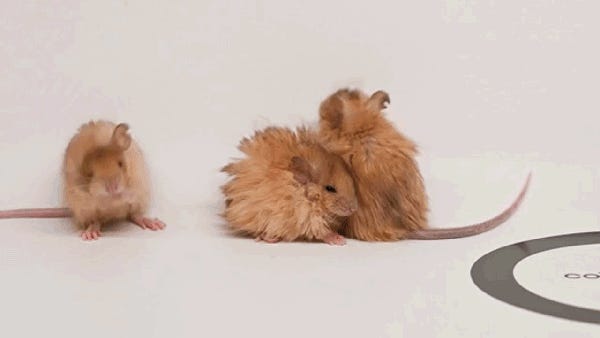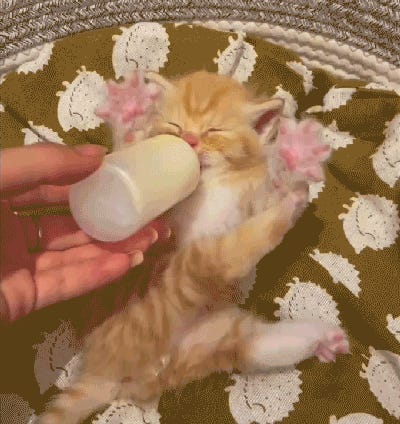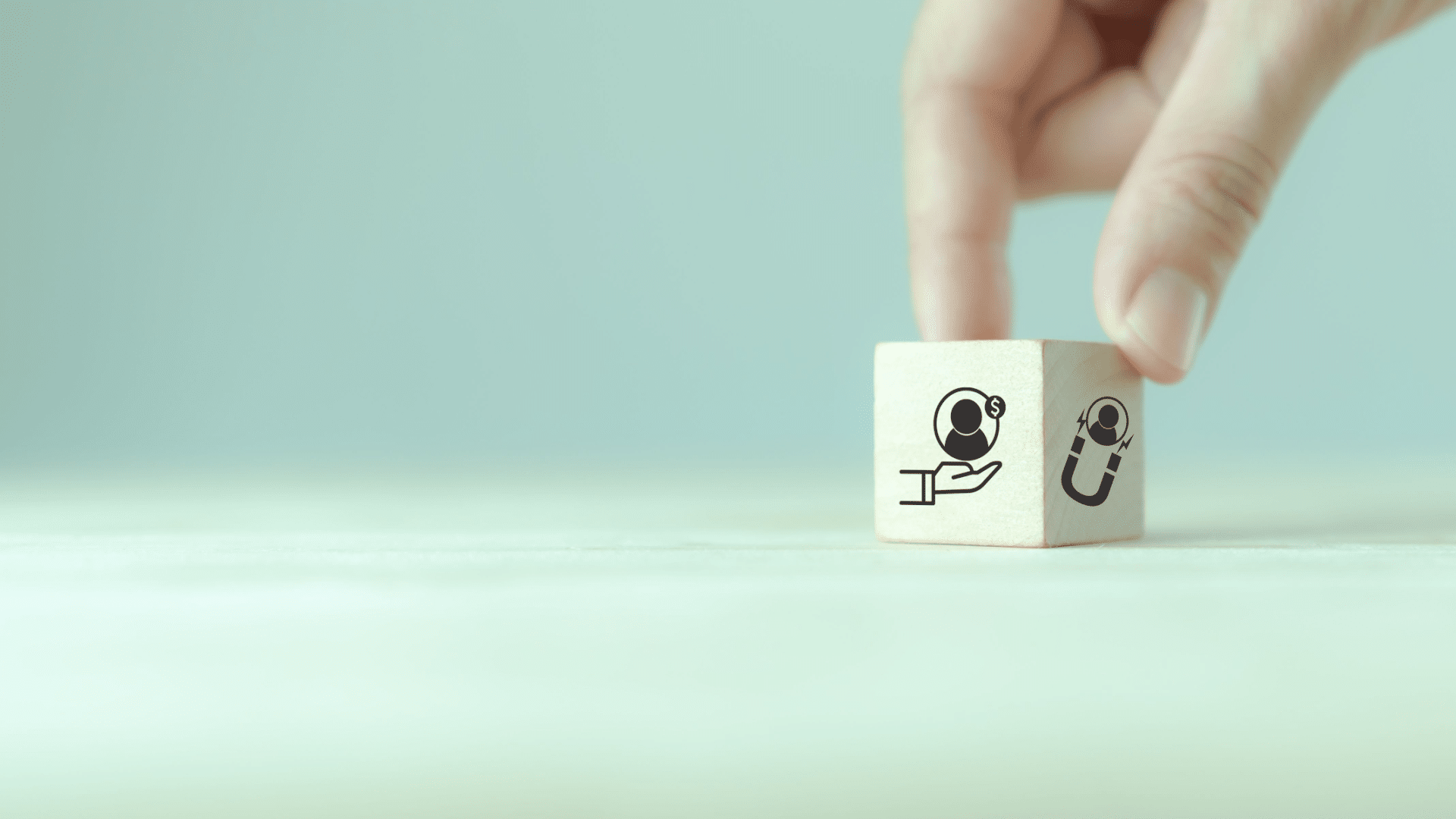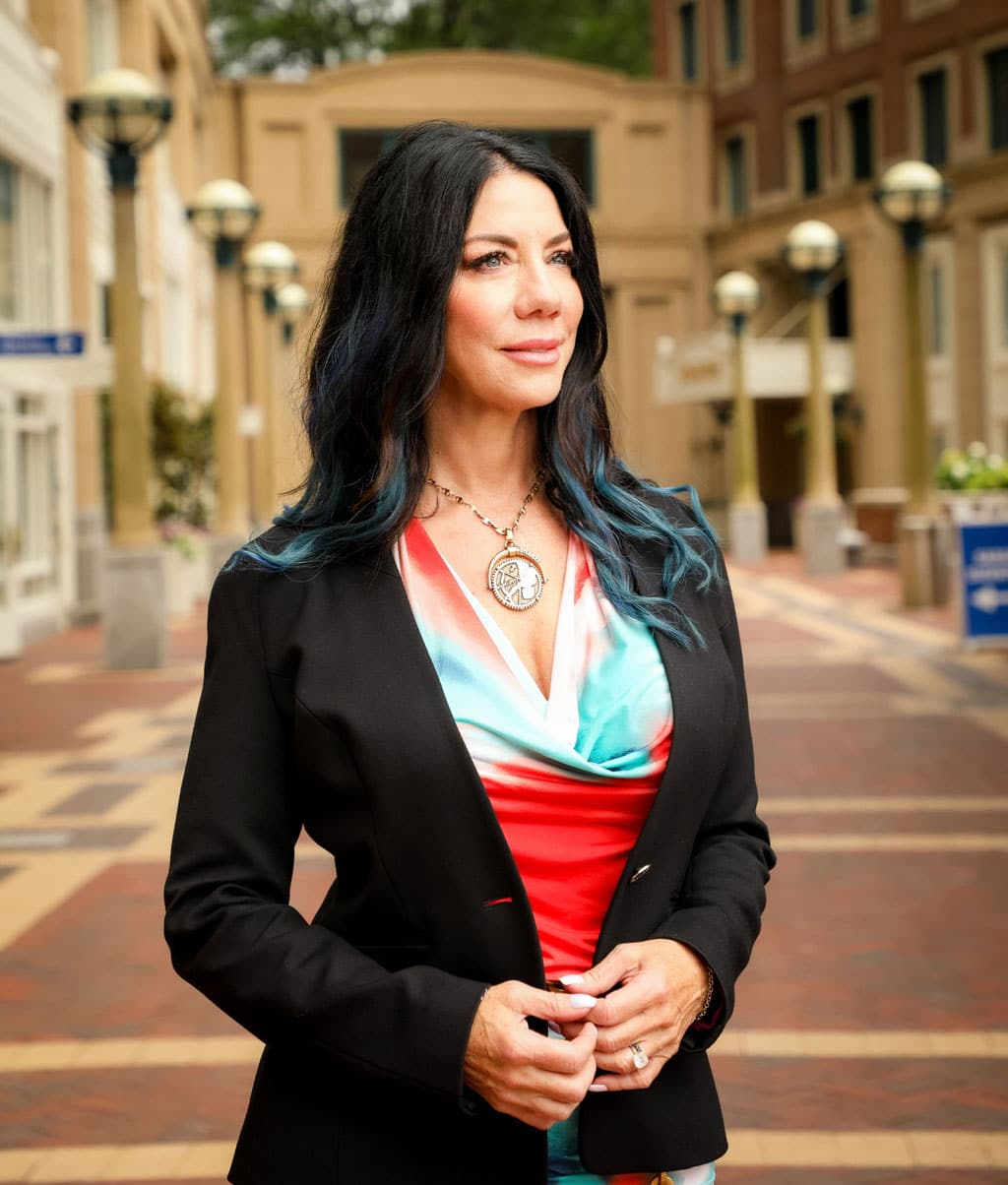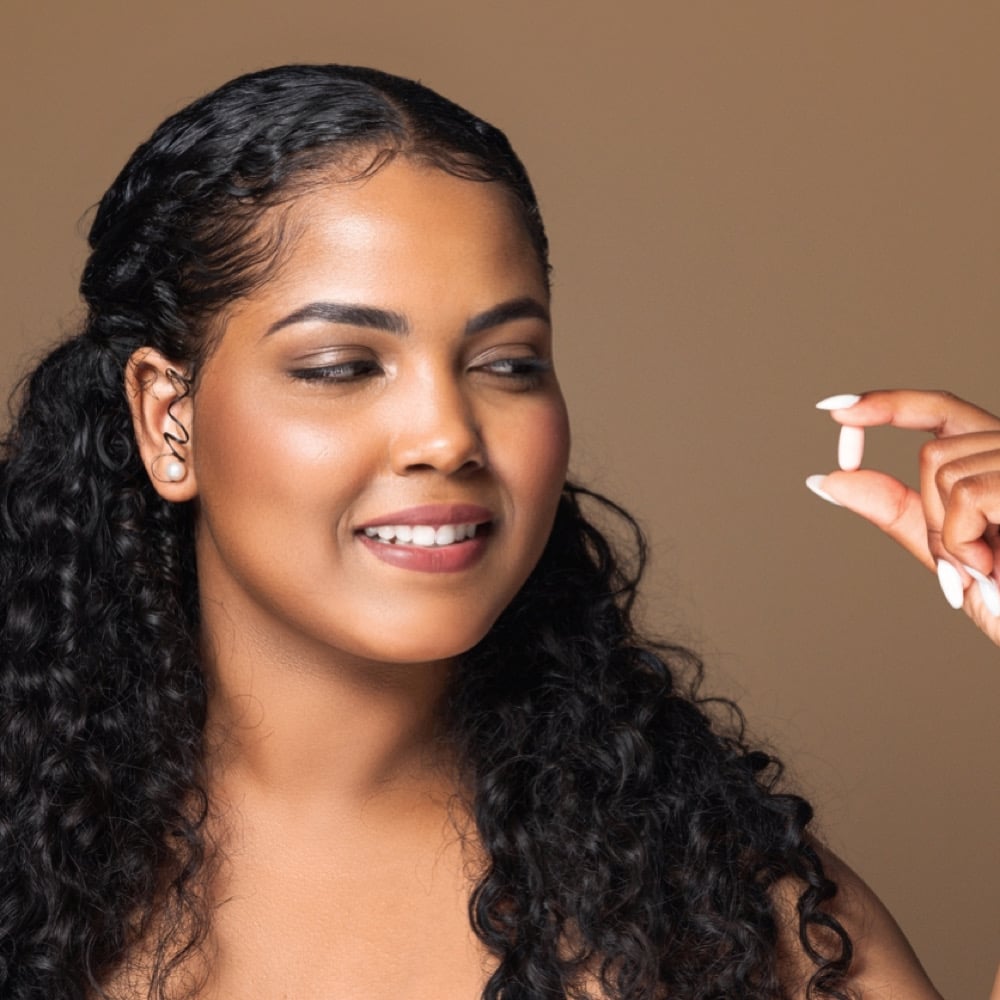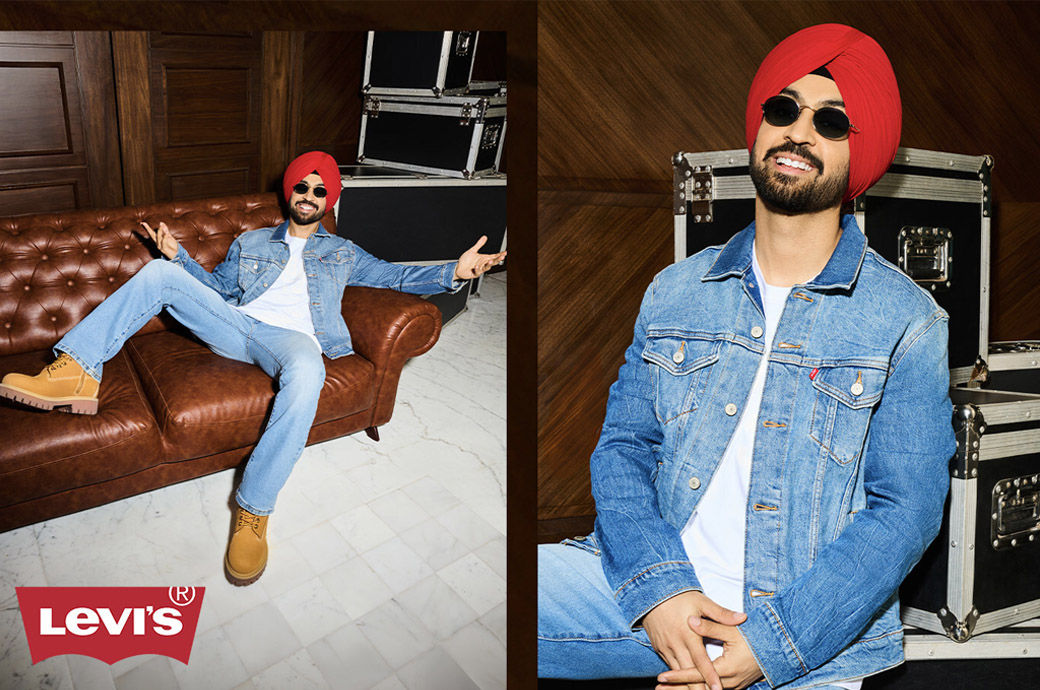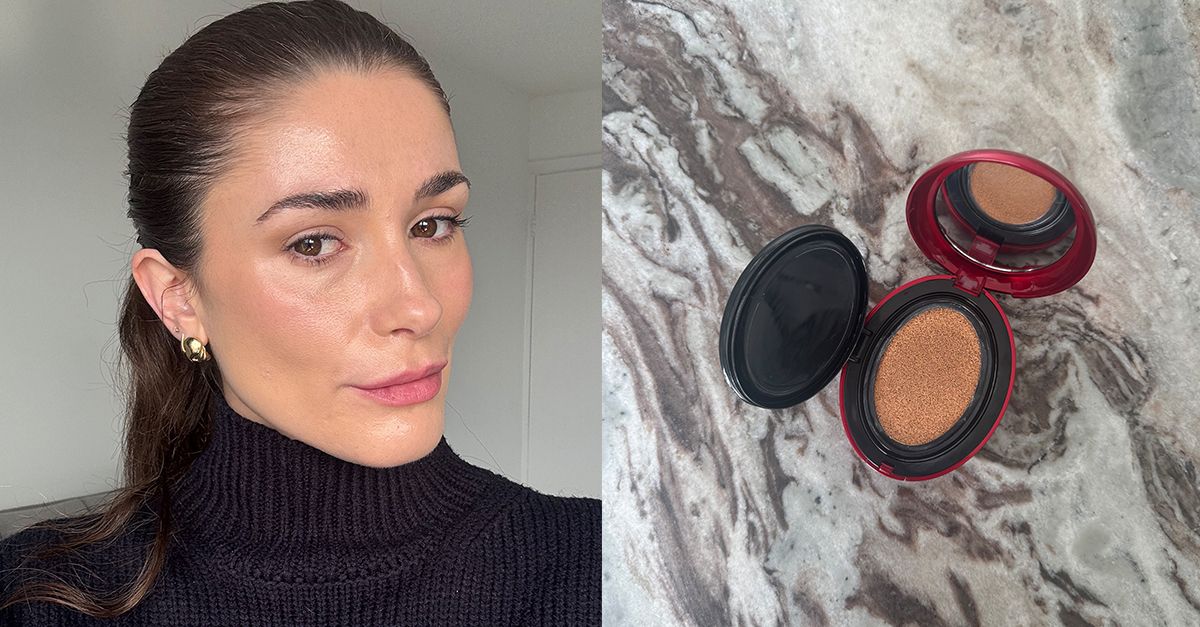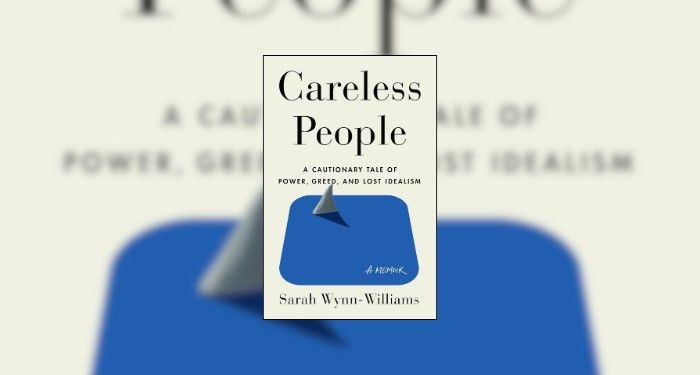Shamina Taylor had a “spiritual awakening” in 2013.
The lawyer says she started doing some “mindset development” as part of her healing process in the aftermath of a divorce. And the more she felt emotionally healed, the more she claims her wishes came true.
She says it started with receiving a text from a long-lost friend that she had just thought of, to having a financial advisor turn up at her doorstep just when she needed one.
“As I started healing, I would think of something that I really wanted and suddenly, it would just come,” Taylor said.
So she researched her new-found luck and discovered “manifesting”—the process of thinking positive aspirational thoughts with the belief that this will make them come true.
“The first time I manifested $20,000, the night before I was reading a book that said ‘just put it down,’ and that’s what I did. Within 24 hours the money came in,” she said.
How? Her ex-husband made a big sale that very day, and as per their divorce settlement, had to share the winnings because the ink wasn’t yet dry on their divorce papers. Talk about lucky.
That’s when Taylor started dreaming big.
“In June 2020, I said I would be a millionaire in a year and I manifested that,” she said—and within 10 months, she claims she hit that seven-figure goal through clients signing up to her online courses and events.
While Taylor described her experience with manifesting as “like your own Amazon order from the universe,” TikTok users would probably call her a “lucky girl.”
The label is used to refer to someone who believes in the value of positive thinking, a mindset that psychologists say can sometimes increase the likelihood of positive outcomes but that, for some, is a sexist trope used to distract women from addressing concrete problems and unfairness in their personal and professional lives.
What is ‘lucky girl’ syndrome?
Lucky girl syndrome, as it’s known on TikTok, is nothing new. The moniker encompasses centuries-old techniques like affirmations, law of attraction and manifestation repackaged for a younger, notably female, audience.
Being a lucky girl entails telling yourself, “I’m so lucky,” for example, and then watching life work out in your favor because of the power of putting affirmations out into the universe.
Unsurprisingly, the idea that you can wish yourself to success has cottoned on, captivating almost 300 million users on TikTok alone.
Its followers, mostly young women, are sharing the positive mantras they have repeated in exchange for good fortune, with results ranging from small daily wins to getting on the property ladder.
For Taylor, there’s more to manifesting your deepest desires than pledging “I attract abundance” on repeat.
“The success I desired required me to step into an upgraded version of who I was,” she said, while insisting that “you have to act like you are the person worthy of receiving it before it happens”.
There is some truth behind being ‘lucky’
You’d be forgiven for thinking to yourself: “not another TikTok trend”—but don’t be too quick to rule out the benefits of positive thinking.
“Positive psychologist,” business coach and author Niyc Pidgeon says there is some science behind catching lucky girl syndrome.
“Higher levels of optimism for the future are linked with experiencing greater levels of well-being, higher self-esteem, better mood, and more resilience to stressful life events,” she told Fortune.
Pidgeon added that positive emotions like gratitude and enthusiasm are also “proven to help us find more creative solutions, build relationships, and reach our goals more quickly.”
In other words, people who put out positive vibes are genuinely more likely to have positive encounters and less likely to be dragged down by negative experiences.
But Pidgeon dismissed notions that manifestation is as simple as writing down your dreams on a piece of paper and then forgetting its existence.
“Manifestation is an alignment of your thoughts, feelings, beliefs, intentions, and actions which harnesses the power of optimism and encourages us to raise our positive emotions and focus on what we do want instead of what we don’t want,” she said.
The key word is “actions”—affirmations will only work as hard as you do.
“Manifestation is an active rather than a passive process,” Pidgeon said, while noting that wannabe lucky girls should “think about what the next positive step might be towards your desire, and move in that direction.”
Why are only women being told to get luckier?
On the surface, telling people to radiative positivity seems like a harmless feel-good message. However, one expert said the fact that this advice is only being directed at women could point to something more sinister.
Angelica Malin, an entrepreneur, author, and leadership coach told Fortune that trends like lucky girl syndrome and “how-to” courses on manifesting your dreams could be deemed sexist.
“It puts the blame and the onus on what women are doing, which is causing them not to have luck, or causing them not to be able to manifest the thing of their dreams,” she said.
“It disregards all the very practical, economic, gender bias factors that might be holding women back,” she added. “What about the structural stuff, that might be why women are not receiving the salary of their dreams?”
Malin thinks women are being targeted because they’re more likely to have imposter syndrome or “internalize our failings as our wrongdoing and something that we could change if it was just our thinking was better.”
Essentially, women have less confidence than men due to centuries of living and working in a system built by and for men; TikTok isn’t championing a lucky man syndrome because systemically, they generally don’t need luck or more confidence to get to the top.
Malin agrees that having a sense of clarity of what you want, professionally, is important.
But she noted: “For us just to say all that needs to change is women need to manifest harder, or they need to improve their mindset and their confidence is, to me, incorrect.”
“It’s a lot of empty promises, around what can happen when you simply change your thoughts,” she told Fortune.
Ultimately, progress and real change so that women can have an equal footing to success as men isn’t going to happen by women declaring themselves as lucky, according to Malin.
“It’s [only] going to happen with some quite real systematic change,” she argued.









